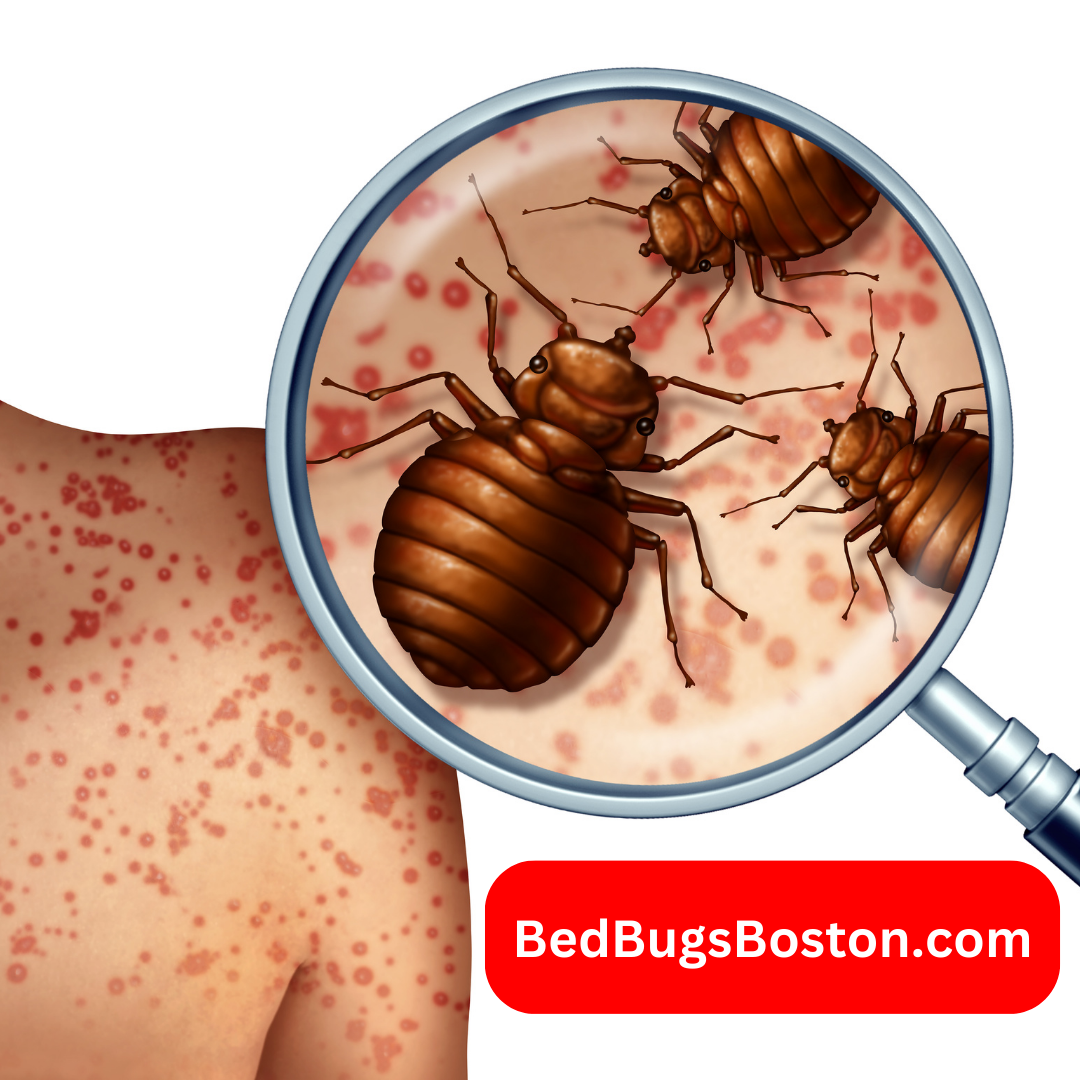- Home →
- public spaces
How to Protect Yourself from Bed Bug Bites While Traveling
Traveling is an exciting adventure, but encountering bed bugs can quickly turn your dream trip into a nightmare. Bed bugs are small, parasitic insects that feed on human blood, causing itchy bites and potential health issues.
These pests are excellent hitchhikers and can easily infest hotels, hostels, and any place we visit, even transportation, making it crucial to know how to protect yourself from bed bug bites while traveling.
In this blog post, we will share some practical tips and precautions to help you limit or even prevent bed bug encounters and ensure a pleasant journey.
1. Do Your Research: Before booking accommodation, especially in unfamiliar destinations, it’s essential to research the hotels or hostels you plan to stay at. Read online reviews from reputable sources and check for any previous reports of bed bug incidents.
Websites like TripAdvisor or Bed Bug Registry can provide useful information from fellow travelers who have experienced bed bug issues.
2. Inspect Your Room: Once you arrive at your accommodation, take a few minutes to inspect your room thoroughly. Bed bugs are mostly nocturnal and typically hide in cracks, crevices, and mattresses during the day.
Start by examining the bedding, mattress seams, headboard, and footboard for any signs of their presence, such as dark spots or small blood stains. Checking headboards at hotels can be challenging as most hotels attach the headboard to the wall.
Use a flashlight to inspect hidden areas, including behind furniture and picture frames, especially the pictures above the bed. Approximately 95% of the attraction, of how bed bugs find you, js the CO2 you exhale. If you spot any evidence of bed bugs, request a room change immediately making sure the new room is not adjacent to the last one.
3. Keep Your Luggage Elevated: When you travel, it’s wise to keep your luggage off the floor and away from the bed. Bed bugs can crawl onto your bags and hitch a ride to your home, creating a potential infestation.
Utilize luggage racks, if available only after you carefully inspected them, or keep your suitcases on elevated surfaces like tables or countertops. If necessary, place your bags in large zippered plastic bags for extra protection.
4. Use Protective Covers: Invest in high-quality bed bug-proof mattress encasements and pillow covers for an added layer of defense. These covers are designed to prevent bed bugs from entering or escaping your mattress and pillows, effectively trapping them. By using these protective covers, you minimize the risk of bed bugs biting you while you sleep.
5. Travel with a Bed Bug Spray: Consider packing a bed bug spray or a travel-sized bed bug repellent when embarking on your journey. If you look for products that are specifically designed to kill bed bugs on contact there aren’t any.
The best hope with over-the-counter or even commercial products is to simply deter bed bugs from the area you treat. Before settling into your room, spray your luggage, mattress, and any potential hiding spots to create a barrier against these pests. Before you leave the hotel put your clothes into a sealed plastic bag.
6. Launder Your Clothes: Upon returning home from your trip, wash all your clothes, including those that weren’t worn, in hot water. Bed bugs cannot survive high temperatures, washing your clothes on a hot setting should kill any potential hitchhikers but drying on high heat for 30 min is far more effective as it will kill the eggs as well.
If you are unable to wash certain garments immediately, seal them in a plastic bag until you can properly launder them.
7. Be Mindful of Public Spaces: Remember that bed bugs are not limited to hotels and hostels. They can be found in other public spaces like buses, trains, airplanes, and movie theaters.
Avoid placing your belongings on shared surfaces and be vigilant when using public transportation. Keep an eye out for any signs of bed bugs, such as small dark spots or live insects, and take necessary precautions to protect yourself.
Conclusion: While encountering bed bugs while traveling can be distressing, following these preventive measures can significantly reduce the risk of bites and infestations.
Remember to research your accommodations, inspect your room upon arrival, keep your luggage elevated and protected, and use bed bug repellents when necessary.
By staying vigilant and taking proactive steps, you can enjoy a worry-free trip and safeguard yourself from the nuisance and discomfort of bed bug bites. Happy and safe travels!

